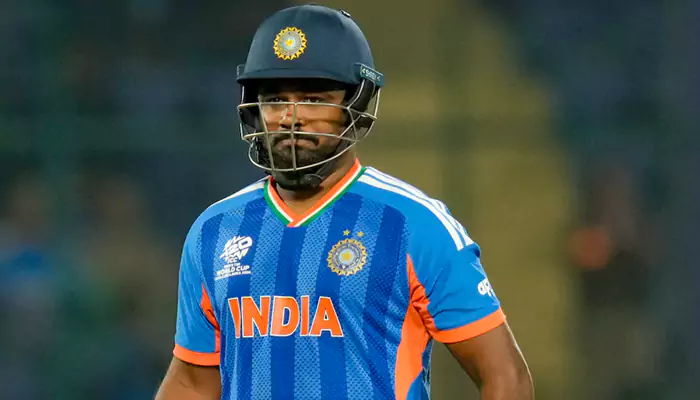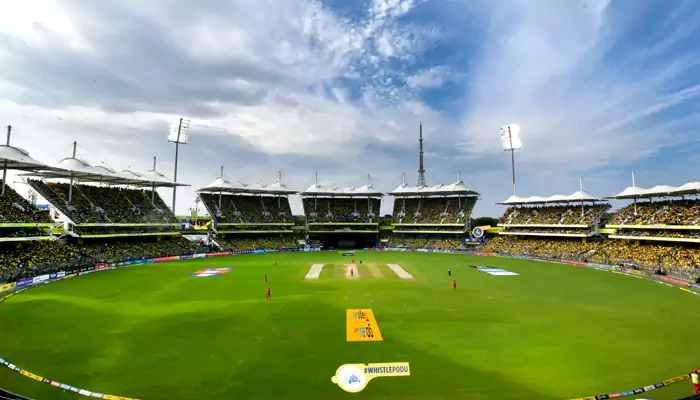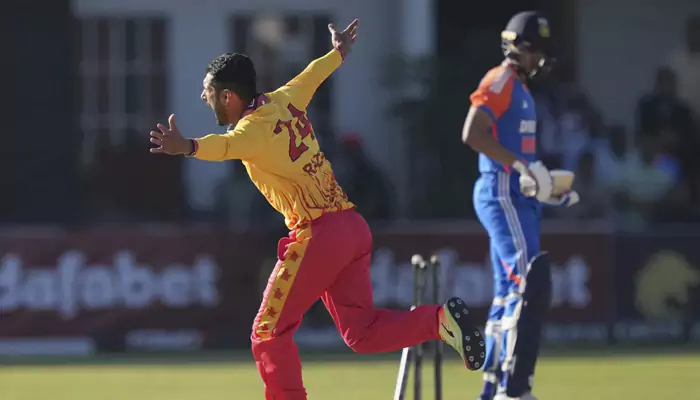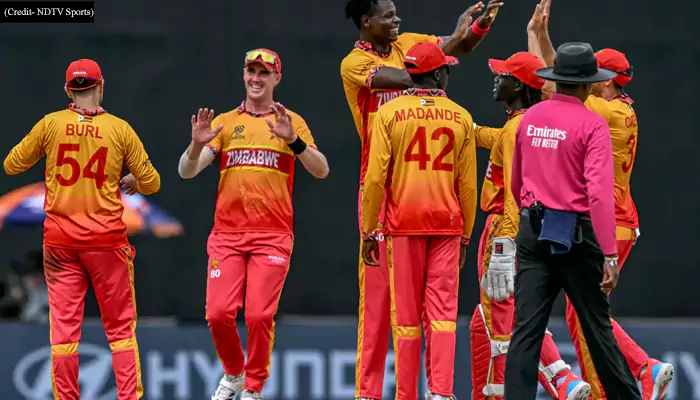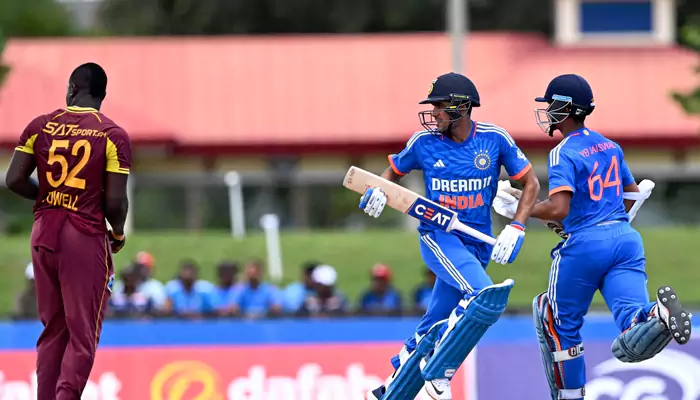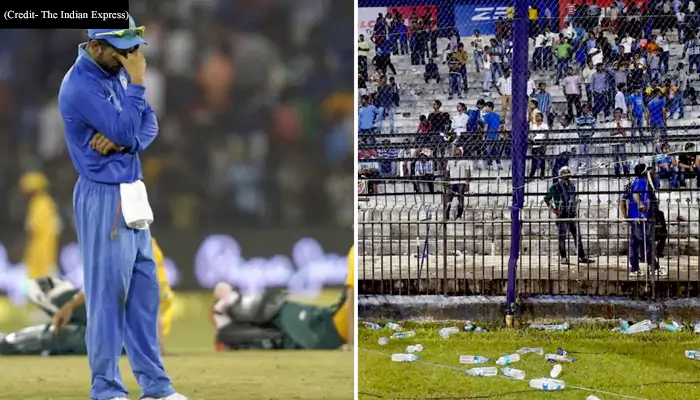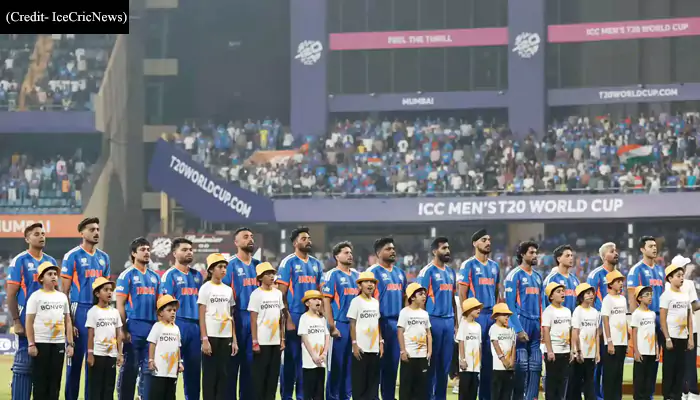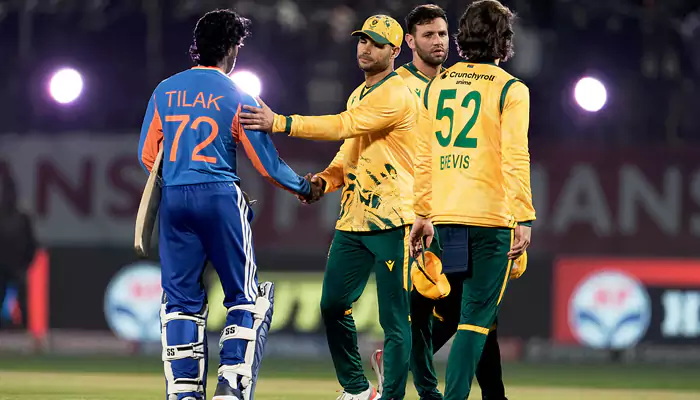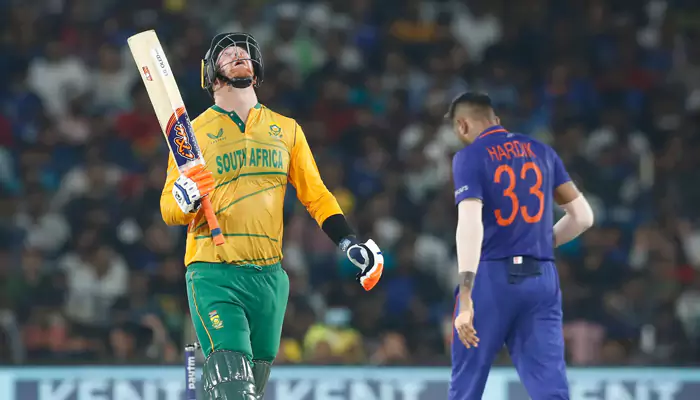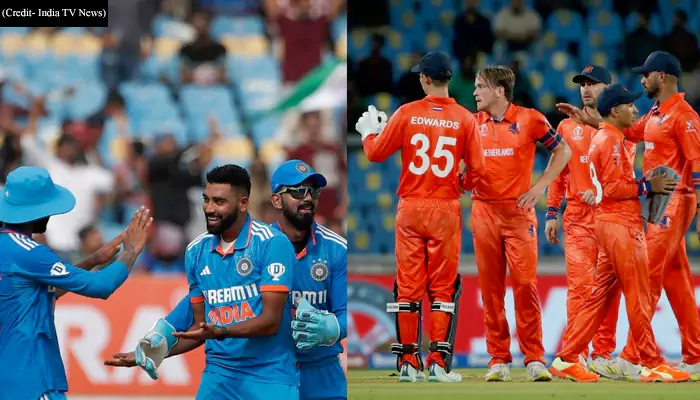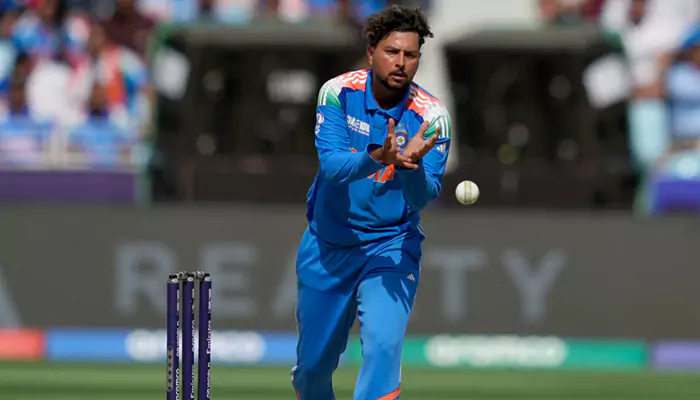
Umpring is what the game is predicated on!
Officiating in cricket, as in any sport, presents a formidable challenge. Umpires often face harsh criticism for mistakes but receive little praise for accurate decisions. The Decision Review System (DRS) has intensified the scrutiny of umpires. The most esteemed cricket umpires are those who commit the fewest errors in their overall decision-making. Undoubtedly, they play a crucial role in maintaining order and upholding the rules of cricket, one of the most widely followed sports. This article aims to explore the historical significance of the finest cricket umpires of all time and their contributions to the sport.
Dickie Bird
Dickie Bird is widely recognised as the preeminent cricket umpire in history, amassing a significant fan base despite officiating in fewer matches compared to his counterparts. Serving as an international umpire from 1973 to 1996, Bird garnered admiration from all players during his era. His final India vs. England Test match at Lords in 1996 was marked by a standing ovation upon his retirement, reflecting the esteem in which he was held. Bird, describing himself as "married to the game," penned an autobiography that has achieved global sales exceeding one million copies. In acknowledgement of his contributions to cricket and philanthropy, he was honoured with an MBE in 1986 and an OBE in 2012.
Billy Bowden
Billy Bowden, who joined the ICC Elite Umpires Panel in 2003, gained renown for his distinctive umpiring signals, such as a dancing jig to signal a six and a crooked index finger to make decisions about a batsman. Now retired, Bowden officiated two ICC World Cup 2003 matches featuring hat-tricks. In recognition of his officiating in 100 One Day Internationals, he was honoured with the ICC Bronze Bails Award in 2007.
Daryl Harper
Before embarking on his career as a cricket umpire, Daryl Harper served as a referee officiating Australian football matches. His umpiring journey commenced in 1983. In 2002, Harper became the first Australian umpire selected for the ICC's Elite Umpires Panel, a position he held until 2011. His umpiring career was illustrious, encompassing 95 Tests, 176 ODIs, and 10 T20Is. In 2011, the ICC announced Harper's decision to step down after his contract ended in July 2011. Harper retired from umpiring in June 2011, a move influenced by criticism from India during the India-West Indies Test series. Recognising his umpiring achievements, he was honoured with the ICC Bronze Bail Award for his performances in officiating 100 One Day Internationals.
Rudi Koertzen
Rudi Koertzen initiated his umpiring career in 1981, overseeing domestic matches. His international debut occurred in 1992, when he officiated his first ODI match featuring South Africa and India. During the same tour, he made his test debut, this time overseeing a match involving South Africa. In 1997, Rudi elevated the umpiring standards by becoming a full-time ICC umpire and swiftly ascending to the Elite Umpires Panel. Rudi garnered recognition from the International Cricket Council, receiving the Bronze Bails Award for umpiring in 100 one-day internationals, the Silver Bails Award for 200 ODIs, and the Golden Bails Award for 100 Tests. He was the inaugural umpire to preside over 200 one-day internationals (ODIs).
Simon Taufel
Having clinched the ICC Umpire of the Year Award consecutively from 2004 to 2008, Taufel is widely acknowledged as one of the premier officials. His officiating record includes 74 tests, 174 ODIs, and 34 Twenty20 internationals. Following the conclusion of the 2012 ICC World Twenty20 Final, Taufel announced his retirement from international cricket. Subsequently, he transitioned into a new role as an umpire performance and training manager.
In the sport of cricket, umpiring is very crucial, as it is the ultimate decision-maker. While the nature of the role has evolved, their legacy is inseparable from the game!

